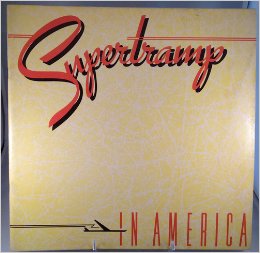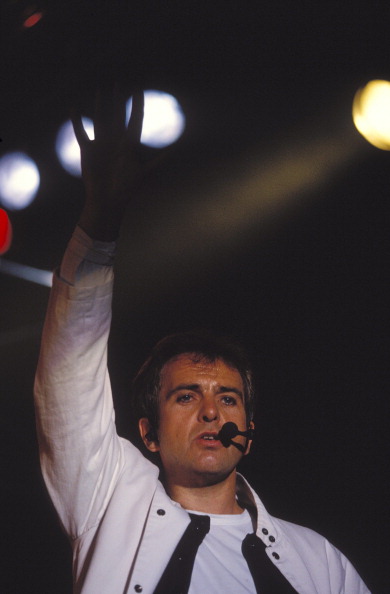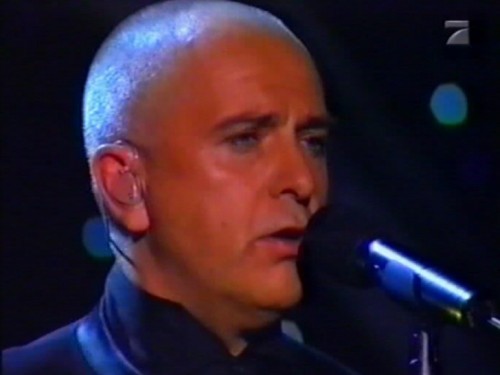You think this is cold? Remember the winter of 1994?
By any measure, it’s been a cold and snowy winter for the upper Midwest. As of the end of January, Chicago was hovering around the thirteenth coldest winter on record, and this week continues the trend of below average temperatures. We’ve had four school days cancelled already, and our kids will be paying dearly for it come June, exhibit A of how delayed gratification is often the better bet.
The cold has naturally brought about bragging rights of those old enough to recall, say, the blizzard of ’79 or the cold streak of ‘85. I’m no exception. For me, this winter brings to mind January of 1994, when I resided in St. Paul, parked my ’85 Tercel outdoors and wondered why I hadn’t gone to grad school in Arizona. I was working at Federal Cartridge Company in Anoka about forty minutes away, and my poor car had to be jumped multiple times at the end of the work day. This was standard procedure for the folks in Anoka, as they had a truck available specifically for this purpose.
January 2nd began a 22 day cold spell of temperatures remaining below freezing. In the midst of this streak, my friends followed what is normally sound advice in such circumstances: get the hell out of Dodge and head for warmer pastures. We decided to take a road trip to Kentucky, my roommate’s home state, and take advantage of an opportunity to watch the Kentucky-Tennessee basketball game, ogle at young coeds and enjoy some warmer weather.
We succeeded in the first two goals. Warmer weather was not to be.
On the drive down, the moisture from our wretched breathes condensed on the windows, forming a thick sheet of ice that provided an outlet for the artistic endeavors of the passengers. Arriving in Lexington on January 15th, we were greeted to a high of 9 degrees and a low of 2 below zero. Returning home two days later only made matters worse. Here are the temperature highs and lows for Minneapolis during the cold streak of 1994.
Jan 14 -18, 6
Jan 15 -25, -9
Jan 16, -25, 0
Jan 17, -17, 0
Jan 18, -27, -7
Even the University of Minnesota cried “Uncle” that day and cancelled classes. My Tercel also acquiesced to Mother Nature. It wouldn’t start without a jump from my buddy’s El Camino. Still the streak continued…
Jan 19 -27, 1
Jan 20 -27, 2
Finally, on January 21, we made it to a high of 28 (but still a low of 3 below zero). Temperatures didn’t make it past 32 degrees until two days later, and even this respite was short-lived. Beginning on January 29th, we endured 18 consecutive days of below normal temperatures.
So yeah, it’s been a cold winter. Our heating bills are going to be high. And my back – twenty years older than it was in 1994 – it about ready to call it a winter. But at least I have a garage this time around and a car that’s less than ten years old (and money to purchase a new battery if it comes to that).
Perhaps in twenty years time, the young whippersnappers of today will blog about the Winter of 2014 with fond recollections.



